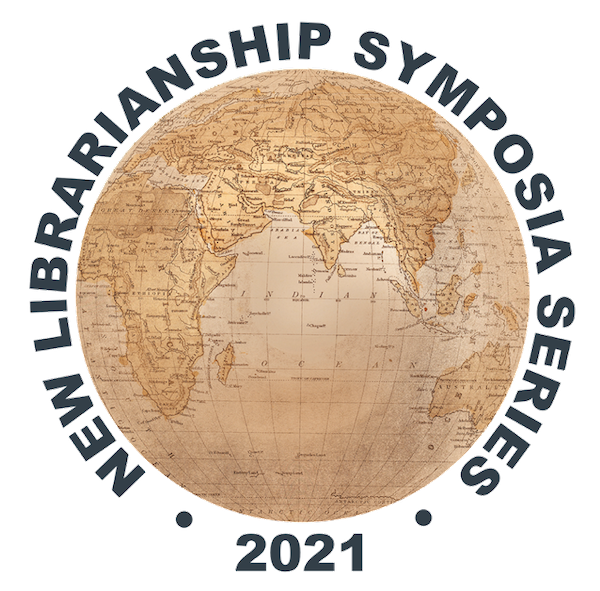Submission Type
Event
Symposium Selection
Post-neutrality librarianship
Keywords
critical theory pragmatism interlanguage
Abstract
Progressive Librarianship in “Red” America
Abstract
A number of library-related illusions remain in the wake of Biden’s defeat of Trump in the 2020 presidential election. While it is tempting for progressives to see “Trump Country” as consisting only of the states won by the former president, over 38 million of the more than 74,000,000 votes for Trump were cast in states won by Biden. Additionally, librarians who are overwhelmingly liberal, cherish such beliefs as (1) documented facts are able to change the minds of opponents, and (2) critical theories will somehow be acceptable for guiding service in communities dominated by white Trump supporters. Unfortunately, numerous studies have documented the inability of established facts to overcome perceptions and political loyalties. Equally problematic, while critical theory and critical race theory have long been justifiably embraced by a variety of university professors and library practitioners, they have become demonized in many non-progressive communities. Consequently, negative reactions to the languages of such theories threaten to undermine efforts to enhance diversity, equity, and inclusion in “red” American states, counties, and municipalities. This article offers ways to develop interlanguages and use pragmatic theories to avoid such setbacks while expanding support for public library services to under served populations in Trump Country. .
Included in
Progressive Librarianship in “Red” America
Progressive Librarianship in “Red” America
Abstract
A number of library-related illusions remain in the wake of Biden’s defeat of Trump in the 2020 presidential election. While it is tempting for progressives to see “Trump Country” as consisting only of the states won by the former president, over 38 million of the more than 74,000,000 votes for Trump were cast in states won by Biden. Additionally, librarians who are overwhelmingly liberal, cherish such beliefs as (1) documented facts are able to change the minds of opponents, and (2) critical theories will somehow be acceptable for guiding service in communities dominated by white Trump supporters. Unfortunately, numerous studies have documented the inability of established facts to overcome perceptions and political loyalties. Equally problematic, while critical theory and critical race theory have long been justifiably embraced by a variety of university professors and library practitioners, they have become demonized in many non-progressive communities. Consequently, negative reactions to the languages of such theories threaten to undermine efforts to enhance diversity, equity, and inclusion in “red” American states, counties, and municipalities. This article offers ways to develop interlanguages and use pragmatic theories to avoid such setbacks while expanding support for public library services to under served populations in Trump Country. .



Contributor Statement for Creative Format Contributions
Progressive Librarianship in “Red” America
Abstract
A number of library-related illusions remain in the wake of Biden’s defeat of Trump in the 2020 presidential election. While it is tempting for progressives to see “Trump Country” as consisting only of the states won by the former president, over 38 million of the more than 74,000,000 votes for Trump were cast in states won by Biden. Additionally, librarians who are overwhelmingly liberal, cherish such beliefs as (1) documented facts are able to change the minds of opponents, and (2) critical theories will somehow be acceptable for guiding service in communities dominated by white Trump supporters. Unfortunately, numerous studies have documented the inability of established facts to overcome perceptions and political loyalties. Equally problematic, while critical theory and critical race theory have long been justifiably embraced by a variety of university professors and library practitioners, they have become demonized in many non-progressive communities. Consequently, negative reactions to the languages of such theories threaten to undermine efforts to enhance diversity, equity, and inclusion in “red” American states, counties, and municipalities. This article offers ways to develop interlanguages and use pragmatic theories to avoid such setbacks while expanding support for public library services to under served populations in Trump Country. .